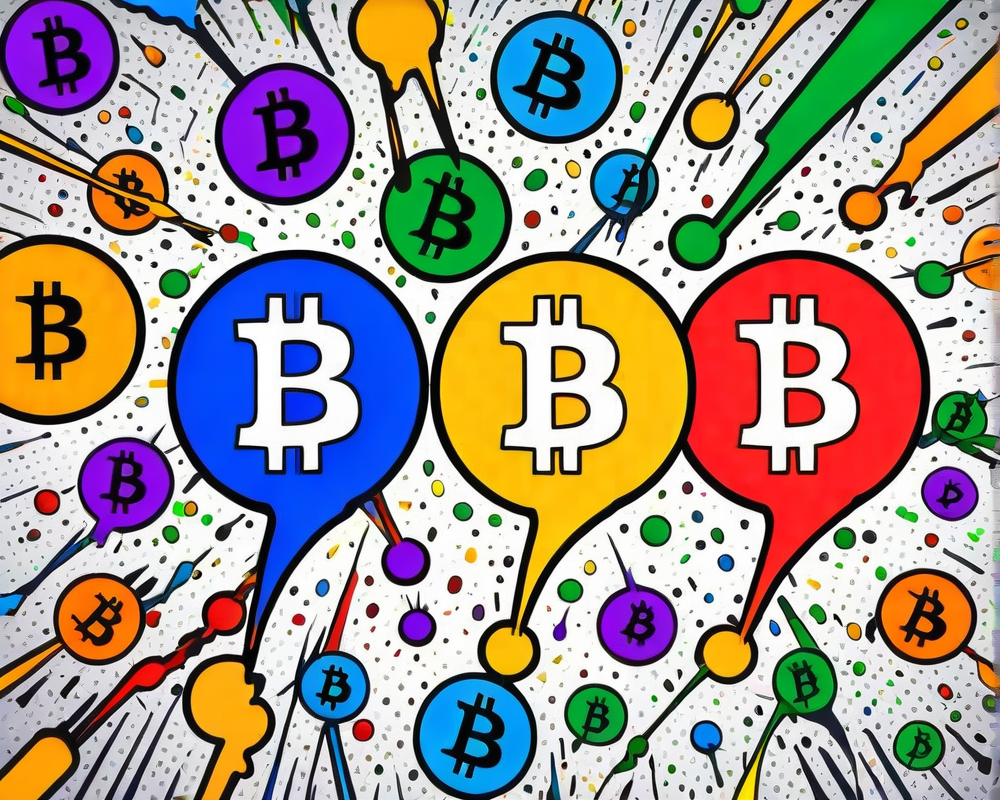A Dive Into the Crypto Waters
In mid-November, the crypto world was reeling like a rock star on a bumpy tour bus after the FTX collapse. Enter Nobel laureate Paul Krugman, who decided to take a shot at crypto assets in his New York Times column. While we appreciate his academic accolades, it seems the good professor is struggling to distinguish Bitcoin from its broader, more diverse family of cryptocurrencies. Talk about confusing your apples with oranges!
Understanding Bitcoin: The Rebel With a Unique Cause
Bitcoin is like that quirky cousin you have: it’s the oldest and most storied member of the cryptocurrency family, but it operates under unique circumstances that set it apart. While Krugman clumps it with every digital shiny object on the block, this isn’t just another crypto; it’s the original, the heavyweight, the one that paved the way. Bitcoin’s evolution has been a tad more intricate than Krugman’s understanding might suggest.
Bitcoin vs Other Cryptocurrencies
While Bitcoin initially took flight as a means of payment, the cryptocurrency scene has matured significantly. Look at Filecoin: it provides decentralized file storage akin to the popular Google Drive. Users can utilize their spare storage to help others, earning fees payable in Filecoin. This setup reflects the true nature of most cryptocurrencies – functional networks tearing down traditional barriers and reducing costs. However, Bitcoin’s trajectory took a sharp turn – from a payment medium to a coveted ‘digital gold.’
The Payment vs Store of Value Debate
Back in 2017, the Bitcoin community squabbled over its identity. Should it be used for quick transactions like buying a coffee, or should it strut around as a valuable investment? The latter won out, giving rise to a narrative that views Bitcoin as a store of value rather than a currency equivalent to the shrinking dollar. Hence, Bitcoin now struts its stuff as a golden alternative, generating interest amid global financial crises. Who knew that Bitcoin would appeal to people trying to escape political turmoil rather than just hackers and criminals?
Misperceptions and Misguided Conclusions
So, how does Krugman play into this drama? His perspective seems a tad narrow, as he bonds tightly to thoughts from Bitcoin’s early days. This has led him to make the mistake of believing regulation could extinguish the crypto industry’s fiery spirit. Yet, most industry players welcome regulation like a lifeboat during a storm; they see it as a chance to gain investor confidence and boost mass adoption.
Lessons from the Past
Let’s rewind to 1998. Krugman once joked that by 2005, the Internet would be as impactful as a fax machine. Spoiler alert: he couldn’t have been more wrong. Perhaps his negativity towards crypto could lead to similar misjudgments. The crypto space isn’t a passing phase; it’s ever-evolving, and failure at one juncture doesn’t mean it’s game over.
Looking Towards a Regulated Future
The fallout from the FTX debacle could hasten the pace of regulation globally. Many insiders view this as a potential boon for the industry and blockchain technology. The need for robust regulation is undeniable, especially after events of the year that have rattled investor confidence. Just as Krugman stated – regulation is necessary!
As we wade through this crisis, let’s not forget: good things are brewing, and Bitcoin probably isn’t going anywhere anytime soon. So, keep your eyes peeled; the future of crypto might just be brighter than Krugman’s op-eds suggest.




